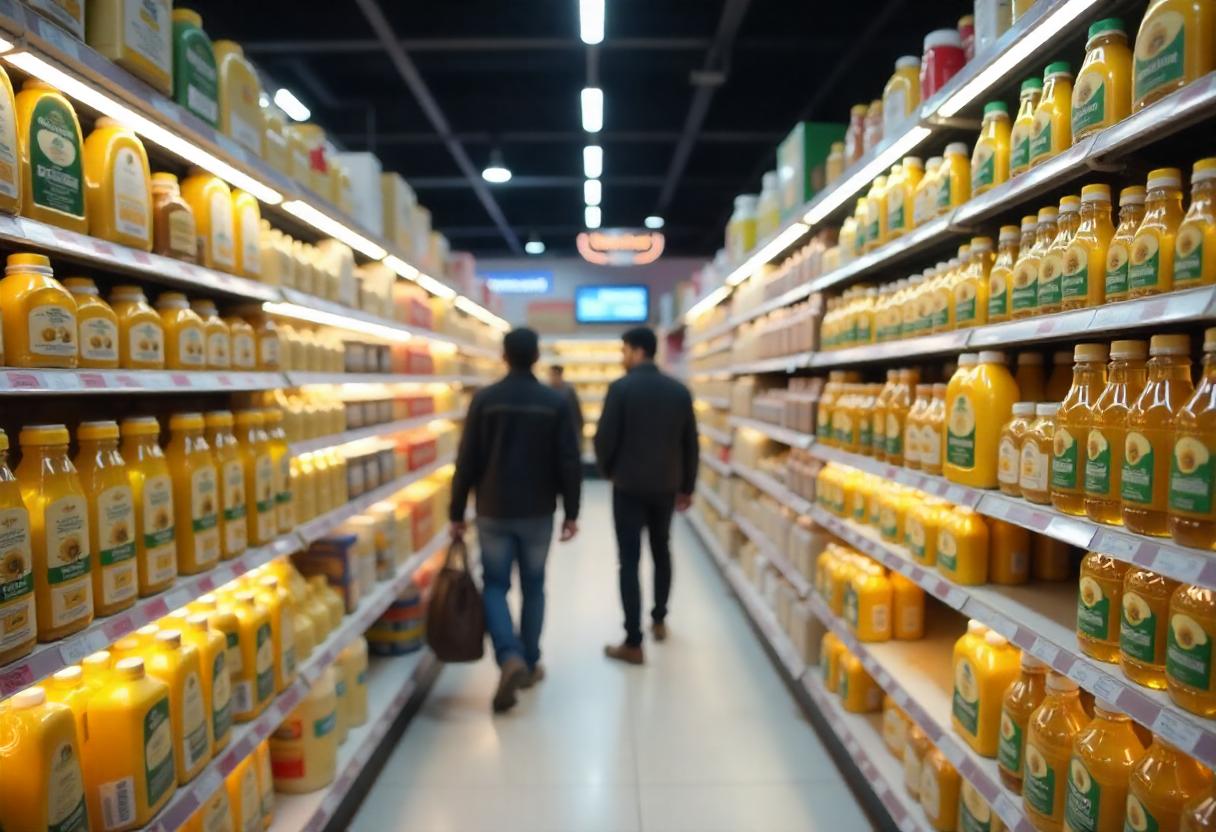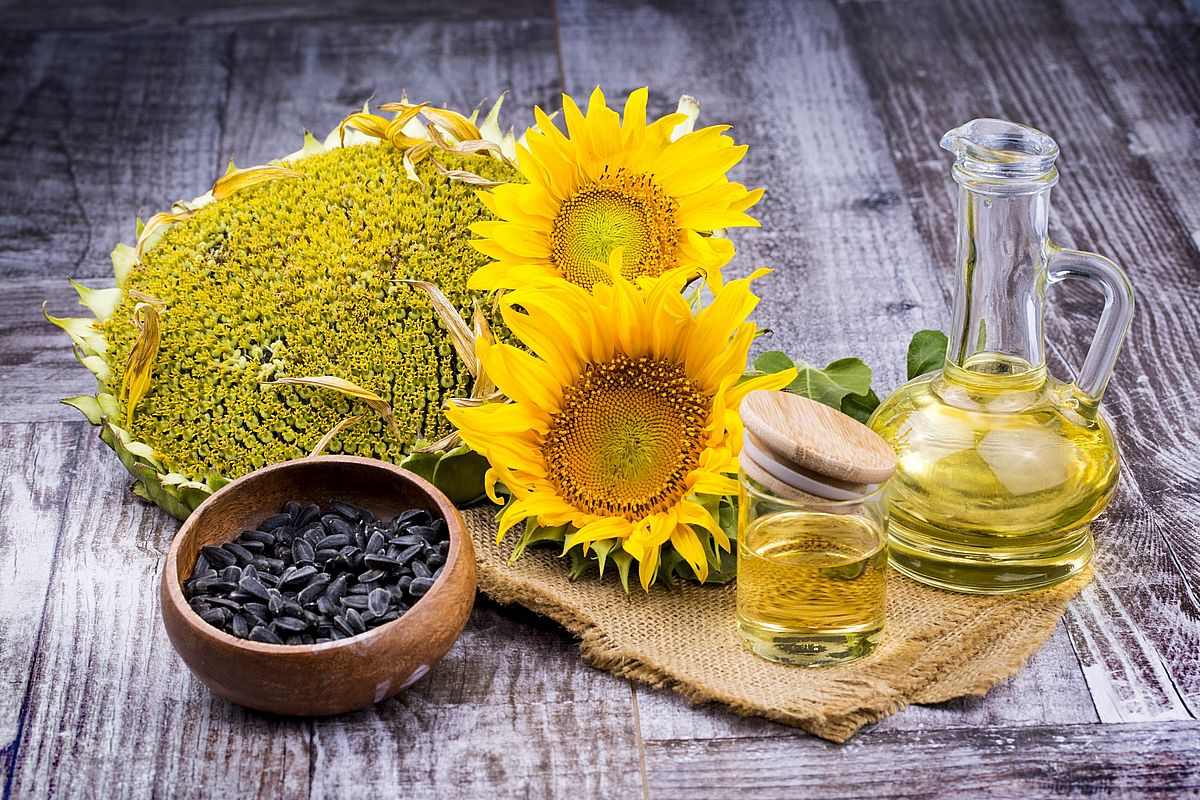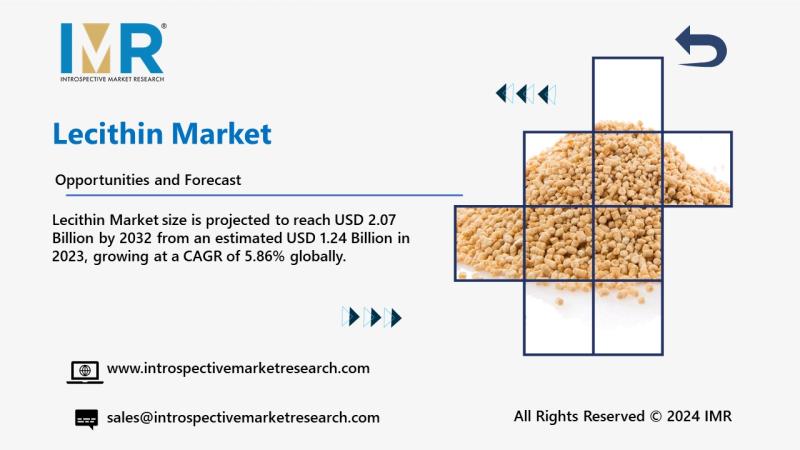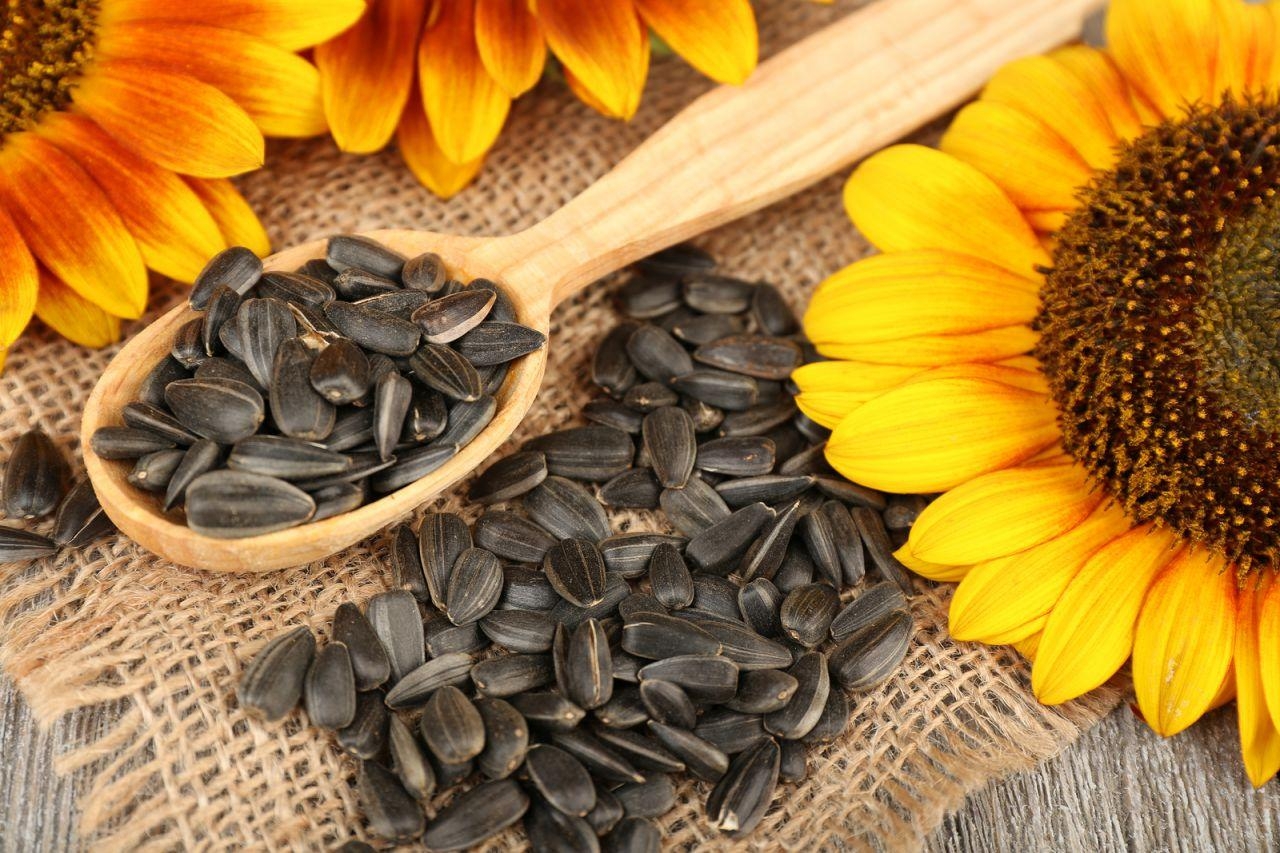According to operational data, sunflower oil exports from Ukraine in April of the current season rose to a five-month high, reaching 478,000 tons (+9% compared to March). However, this was still the lowest figure for the month of April in the past three seasons, analysts at APK-Inform noted.
As noted, the full volume of exports traditionally went to the European Union, although shipments in this direction slightly declined, totaling 235,000 tons (-2%).
At the same time, exports to Turkey doubled, reaching 69,000 tons. Additionally, this was the highest monthly volume for this direction in the last 12 months.
Exports of Ukrainian oil to India decreased by 48%, totaling 48,000 tons. This decline is attributed to the seasonally growing interest of Indian importers in Argentine sunflower and soybean oils, as well as an increase in demand for palm oil, which has become more price-competitive compared to other vegetable oils.
However, it should be noted that...


In Ukraine, prices and demand for sunseed from processors remained stable during the week. Precipitation and high rates of sunflower sowing in Ukraine and the Russian Federation will soon lead to an increase in sowing areas and harvest forecasts, which will reduce the demand prices for sunflower oil from the new crop.
For sunflower seeds with an oil content of 50%, processors offer UAH 26,500-27,000/t with delivery to the factory, but there is no competition among buyers, as farmers have increased the number of offers, and the processing margin remains low.
Export demand prices for Ukrainian sunflower oil with delivery to Black Sea ports decreased to $1,120-1,125/t against the backdrop of a drop in prices for Russian oil by $20-30/t.
Falling oil prices have put pressure on palm oil prices, which will reduce demand for sunflower oil. But India’s military aggression against Pakistan could further reduce demand for sunflower oil in favor of much cheaper palm oil.
Ukraine's agricultural business in 2024 demonstrated growth and reached record levels in key financial indicators, despite the losses caused by the war - destroyed infrastructure, damaged equipment, destroyed elevators and warehouses, - analysts of the VKURSI platform report.
Thus, compared to the previous year, the total revenue of domestic agribusiness in 2024 grew 2.6 times from UAH 920.9 billion to UAH 2.4 trillion, and profit increased five times from UAH 65.8 to UAH 327 billion, which indicates the rapid recovery of the industry, its resilience, and its ability to adapt to difficult conditions.
Experts note that the largest share of income (47%) was provided by companies registered in the central regions of Ukraine, which indicates a significant concentration of agribusiness in these regions, the relative safety of its operation, and insignificant loss of land due to mining. In particular, farmers in Vinnytsia region received 12% of all income from the agricultural sector.
The largest income in 2024 was generated by farmers in...


For more than 20 years, this event has been gathering the leaders of the oil and fat industry of Ukraine and serving as a discussion platform for the largest producers, exporters and importers of oilseeds and processed products.
During the conference, you will receive only the latest information on the prospects of the global oilseed market in the season 2025/26, join discussions on the most key issues of oilseeds and processed products trade and receive exclusive analytics from leading global and Ukrainian experts.
Ukraine is confidently among the leading suppliers of oil and fat products to foreign markets despite geopolitical challenges and military risks.
Given the constant change in influencing factors and global redistribution of trade flows, Ukraine can maintain its leadership in global trade in sunflower oil with a 40% share and sunflower meal with a 45% share.
In addition, Ukraine has a good potential to increase its share of trade in the global soybean and soybean meal market, demonstrating record exports of these products in the season of 2024/25.
- Macroeconomic factors and growing geopolitical influence on world trade
- Global changes in the oilseeds and vegetable oils sector
- Sunflower market prospects in the Black Sea region in the season-2025/26
- Competition in key markets for sunflower oil and meal
- Expected changes in trade with the EU and impact on the Ukrainian oilseeds sector
- Military challenges and risks for the oilseeds industry in Ukraine
- Soybean and rapeseed market in Ukraine Potential of the new season and long-term expectations
- Logistics of the oil and fat market: domestic, port and international
- New EU regulations in the context of trade with Ukraine
- Climate change: prospects for the Ukrainian agricultural sector
Lecithin, a vital fat present in foods like egg yolk, soy, and sunflower, plays a key role in cellular function and is widely recognized for its emulsifying, lubricating, and surfactant properties. Primarily composed of phospholipids derived from phosphoric acid, choline, glycerol, and fatty acids, lecithin is extensively used in the bakery industry. It enhances dough and batter workability, streamlining commercial baking processes. As the global bakery sector continues to expand, the demand for lecithin is expected to rise significantly, making it a crucial ingredient in industrial food production.
Lecithin Market size is projected to reach USD 2.07 Billion by 2032 from an estimated USD 1.24 Billion in 2023, growing at a CAGR of 5.86% globally.


According to JSC "NC "KTZ", during the 8 months of the current season (September 2024 - April 2025), the export of Kazakhstan's new crop grain amounted to 7.6 million tons. This is 58% higher than the figure for the same period of the 2023/24 MY (4.8 million tons), as reported by the Ministry of Agriculture.
Main export destinations:
- Uzbekistan — 2.7 million tons (+29.7% compared to 2 million tons in 2023);
- Tajikistan — 1.1 million tons (+51% to 726 thousand tons);
- Afghanistan — 270 thousand tons (+34% to 202 thousand tons);
- Kyrgyzstan — 181 thousand tons (doubling compared to the previous year);
- Iran — 889 thousand tons (a 16.4-fold increase compared to 54 thousand tons);
- Azerbaijan — 569 thousand tons (a 113.8-fold increase compared to 5 thousand tons).
"The increase in export volumes reflects the high demand for Kazakhstan`s grain from foreign markets, as well as the effectiveness of measures taken to expand the supply geography and improve logistics routes," the ministry noted.
According to Oil World (Germany), in the 1st quarter of 2025, Turkey increased its sunflower imports by 4.3 times compared to the same period last year, from 92 thousand tons to a record 396 thousand tons due to a shortage of its own stocks. In particular, sunflower supplies from Romania increased from 21 to 201 thousand tons, from Moldova - from 28 to 168 thousand tons.
Sunflower oil imports to Turkey in the first quarter amounted to 308 thousand tons, of which 211 thousand tons were supplied from the Russian Federation and 54 thousand tons from Ukraine. And sunflower meal imports increased to 367 thousand tons, of which 356 thousand tons were purchased from the Russian Federation.
Despite the increase in domestic demand, Turkey maintains a high rate of sunflower oil exports, with shipments in the first quarter totaling 186,000 tons, which is in line with last year's figure. The main buyers of the oil were Ethiopia, Libya, Sudan, Syria, Iraq, Saudi Arabia and EU countries.


The key event for the agribusiness of Ukraine and the Black Sea region brought together the main players of the grain and oilseed markets in Kyiv, who know firsthand what it is like to build a business in a storm.
According to analysts, the current 2024/25 season can be called relatively successful for many Ukrainian agricultural producers. During the season, prices of major grain crops increased by almost one and a half times, which resulted in better profitability compared to the previous season. Corn prices rose particularly strongly.
It is the margin that will be the main driver of the increase in corn acreage for the next harvest. In particular, UkrAgroConsult analysts forecast an increase in the area under this crop by 4-5% compared to the previous season.
The main competition for spring areas will traditionally be between corn and sunflower. According to experts, the sunflower area will also increase year-on-year, as the demand for sunflower was extremely high during the season, and the peak prices were almost 60% higher than the starting prices.
The opposite is true for soybeans, where a record harvest in Ukraine and globally did not allow for profit and reduced its attractiveness.
UkrAgroConsult notes that...